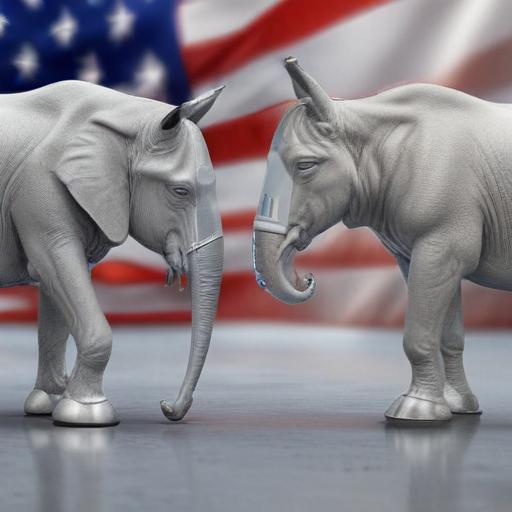State Representative Malcolm Kenyatta (D., Philadelphia) will remain in his role as vice chairman of the Democratic National Committee (DNC), as confirmed by a DNC official. This position was made secure following the decision by fellow vice chair David Hogg to step back from his role, which had stirred internal disputes within the party. Hogg’s announcement came just before a vote that saw only Kenyatta’s name on the ballot for reelection, effectively ensuring his position, though official results will be confirmed after a nationwide electronic voting process concludes on Saturday.
Kenyatta expressed gratitude for the support he has received from DNC members, stating his eagerness to continue working towards electing Democrats at all levels. Having represented North Philadelphia since 2019, he has positioned himself as an advocate for gun control and is notably the first openly LGBTQ person of color in the Pennsylvania General Assembly. His involvement in national Democratic politics has grown significantly, particularly amid ongoing party challenges.
Prior to the resolution regarding the vice chairmanship, disputes had persisted among party members, notably after a DNC subcommittee suggested invalidating a past vice chair vote due to alleged gender bias, which Kenyatta had publicly criticized as a “slap in the face.” During a prior interview, he emphasized the importance of focusing on pressing issues faced by the party instead of internal procedural conflicts, particularly as Republicans move to dismantle social safety nets like Medicaid and Medicare.
Hogg, known for his youth activism stemming from his survival of the 2018 Parkland shooting, has faced backlash within the DNC for his calls for primary challenges against incumbent Democrats. Moving forward, the DNC will hold another vote for the second vice chair position from Sunday to Tuesday, signifying a potential resolution to the party’s ongoing disputes.
Kenyatta underscored the importance of unity and action within the party, especially in light of current political tensions, saying, “As Donald Trump sends troops into American cities and threatens peaceful protest… Democrats must be bold and meet this moment.” This sentiment reflects a broader call for solidarity and proactive measures within the Democratic party at a critical juncture in U.S. politics.
This reaffirmation of leadership is a positive step for the Democratic party, suggesting a clear direction and commitment to advocacy at a time when unity is crucial in facing national challenges.
